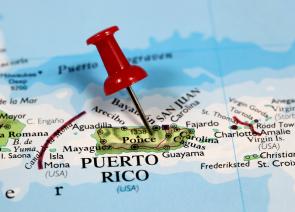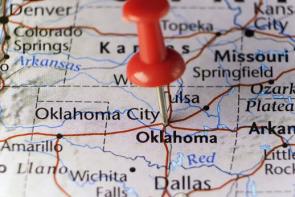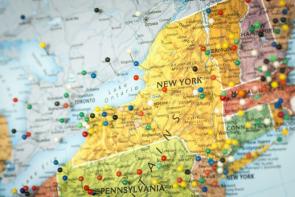
Lawyer Salary Guide in the Top 5 Largest West Coast Cities
This post will focus on the current salary data for several major west coast cities and give you helpful,...
46 views
This post will focus on the current salary data for several major west coast cities and give you helpful,...
46 views
Our world is changing at breakneck speed, so we've put up this collection of the top legal industry trends for...
9 views
For graduates fresh out of law school, you must know what paying positions exist before committing yourself to...
11411 views
What does it take to be happy as a lawyer; The law can be overwhelming, especially for new attorneys who...
50 viewsSummary: Soledad Albarracin is a litigation paralegal that was born and raised in Lima, Peru. He received a...
276 views
Below is a directory of the Virgin Islands administrative, court, and government offices. This also includes...
142 views
Below is a directory of the Puerto Rico administrative, court, and government offices. This also includes the...
727 views
Below is a directory of the Guam administrative, court, and government offices. This also includes the staff...
94 views
Below is a directory of the Wyoming administrative, court, and government offices. This also includes the...
80 views
Below is a directory of the Wisconsin administrative, court, and government offices. This also includes the...
175 views
Below is a directory of the West Virginia administrative, court, and government offices. This also includes...
126 views
Below is a directory of the Washington administrative, court, and government offices. This also includes the...
133 views
Below is a directory of the Virginia administrative, court, and government offices. This also includes the...
228 views
Below is a directory of the Vermont administrative, court, and government offices. This also includes the...
78 views
Below is a directory of the Utah administrative, court, and government offices. This also includes the staff...
160 views
Below is a directory of the Texas administrative, court, and government offices. This also includes the staff...
206 views
Below is a directory of the Tennessee administrative, court, and government offices. This also includes the...
213 views
Below is a directory of the South Dakota administrative, court, and government offices. This also includes the...
67 views
Below is a directory of the South Carolina administrative, court, and government offices. This also includes...
86 views
Below is a directory of the Rhode Island administrative, court, and government offices. This also includes the...
328 views
Below is a directory of the Pennsylvania administrative, court, and government offices. This also includes the...
390 views
Below is a directory of the Oregon administrative, court, and government offices. This also includes the staff...
97 views
Below is a directory of the Oklahoma administrative, court, and government offices. This also includes the...
1402 views
Below is a directory of the Ohio administrative, court, and government offices. This also includes the staff...
166 views
Below is a directory of the North Dakota administrative, court, and government offices. This also includes the...
330 views
Below is a directory of the North Carolina administrative, court, and government offices. This also includes...
266 views
Below is a directory of the New York administrative, court, and government offices. This also includes the...
1042 views
Below is a directory of the New Mexico administrative, court, and government offices. This also includes the...
140 views
Below is a directory of the New Jersey administrative, court, and government offices. This also includes the...
1131 views
Below is a directory of the New Hampshire administrative, court, and government offices. This also includes...
250 views